The Political Philosophy of Dante Alighieri —— A Dissertation Submitted to the Faculty of Philosophy of the Catholic University of America in Partial Fulfillment of the Requirements for the Degree of Doctor of Philosophy
-----
Six hundred years have passed since the death of Dante Alighieri, yet today all the literary world is paying homage to his memory. Dante will ever be remembered as the author of the Divina Commedia, one of the masterpieces of world liter ature. I regard the present day as singularly opportune for the consideration of Dante's political doctrines. In perusing his works one is struck by the fact that he ardently desired peace,he longed for universal peace and advocated the establishment of a universal empire, which would prevent wars and assure man kind the blessings of continued peace. Dante taught that all men had one nature, that they had one end, and that this end is happiness. Dante was, so to speak, a prophet gazing into the nebulous future, and with hope in the mysterious ways of the Divine Providence, fortelling an institution which would so regulate the affairs of mankind that the universal brotherhood of men might become an accomplished fact. The greatest war of all history has but recently been termi nated and after this lamentable experience mankind has decided to enter on some course which would prevent the recurrence of such a catastrophe. The League of Nations is now a historical fact, and irrespective of whether it shall live or not, we cannot but observe that~humanity has never more seriously approached the realization of the ideals of the great Florentine than in the present time. And for this reason, I believe that one can pay no greater tribute nor render greater homage to the memory of Dante than by drawing attention to his efiorts in behalf of universal peace and the universal brotherhood of mankind. Animated and inspired by this purpose I offer this study of Dante's political philosophy with the hope that it will in a modest measure contribute to the better understanding and a fuller appreciation of the genius of one of the greatest men and one of the most sincere friends of the human race.
{{comment.content}}
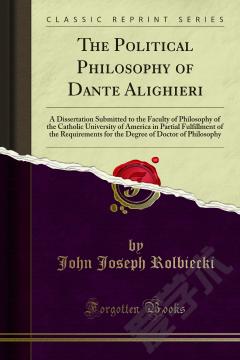

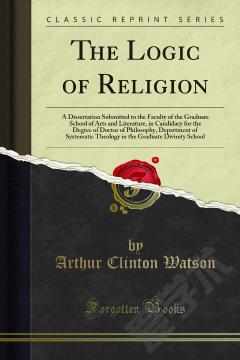
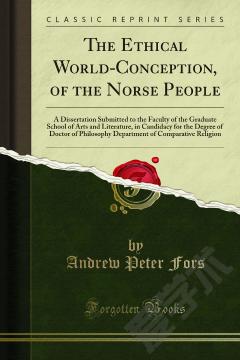

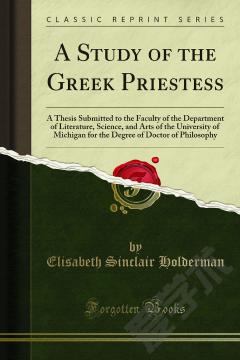
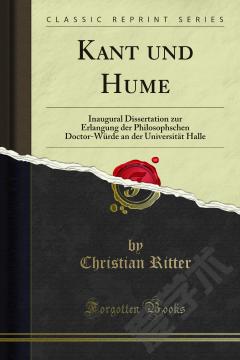

 京公网安备 11010802027623号
京公网安备 11010802027623号